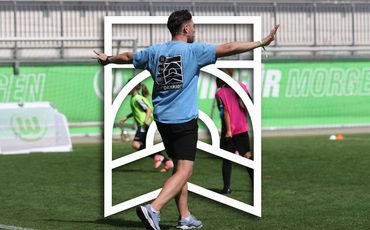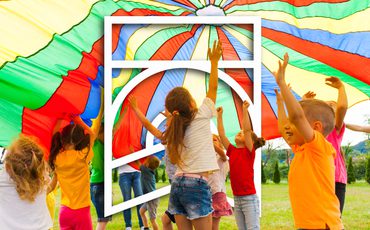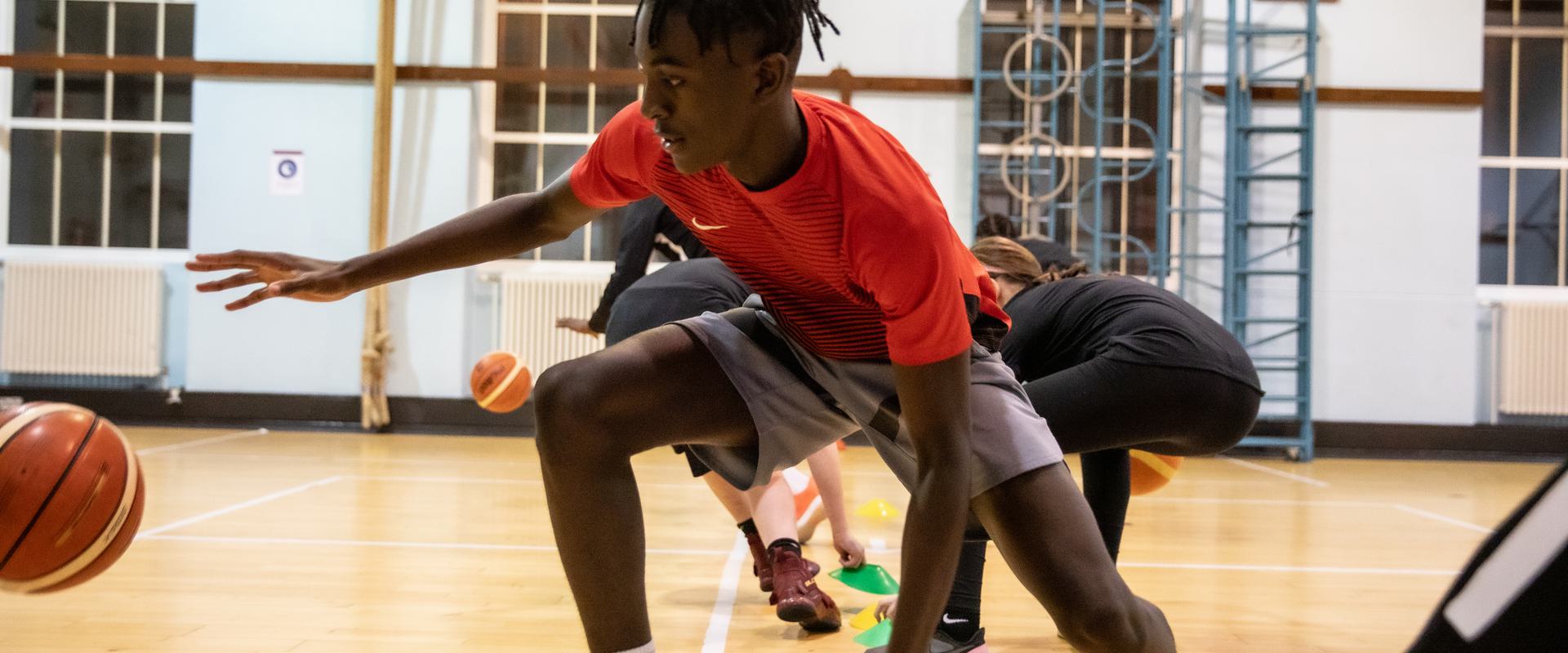
Guidelines to Create Holistic Talent Development Environments
with Barnaby Sargent Megicks, Professor Sergio Lara-Bercial, Professor Kevin Till and Dr. Fieke Rongen
Modern day high-performance sport is arguably more competitive than ever before. National teams, clubs and sport programmes therefore focus on identifying talented athletes and developing them into the sporting superstars of tomorrow through structured talent systems and tailored talent development environments (TDEs).
Recently, however, concerns have been raised over the short and long-term physical, psychological and social impact on young athletes participating in the talent development process.
There are two main areas of concern...
Developmental Sacrifice
Talent development is time exhaustive and may result in a sacrifice of social and/or educational experiences ordinarily experienced by young people.
Negative Health Impact
Talent development is physically, psychologically and socially demanding and may impact on the health and wellbeing of young athletes as they progress towards elite levels.
For this reason, the International Olympic Committee have put forth a consensus statement that promotes the safe and balanced development of all young athletes.
“The goal is clear: develop healthy, capable and resilient young athletes, while attaining widespread, inclusive, sustainable and enjoyable participation and success for all levels of individual athletic achievement” - Bergeron et al. (2015)
What is Holistic Talent Development?
There is a lack of consensus around what holistic development is. We examined existing research and policy documents and arrived at the below definition:
Holistic development is an overarching philosophical approach to athletic talent development that aims to develop young athletes in three interrelated domains:
- Athletic Skills
The development of the skills and characteristics (i.e., technical, tactical, physical, psychosocial) needed to progress towards higher levels of athletic performance and competition. - Health and Wellbeing
The promotion, development, safeguarding and maintenance of physical, mental and social health and wellbeing. - Life Readiness
The development and application of attitudes and skills required to succeed in and outside of sport, now and in the future.
6 Principles of Holistic Development in TDEs
Using the definition above as a reference point, we researched exemplar TDEs and developed 6 good practice principles that contribute to holistic development. These principles are optimal and aspirational ‘ways of working’ for coaches and staff to adopt or adapt into their current environment.
#1 A holistic philosophy of athlete development
- Adopt a person-first philosophy.
- (Re)Define ‘success’ holistically.
- Champion individuality and inclusion.
#2 Stakeholder alignment and support
- Proactively and positively engage everyone involved.
- Create an interdisciplinary culture.
#3 A climate of care
- Promote and support positive mental health.
- Amplify the athlete’s voice.
#4 A long-term learning and development focus
- Conduct long-term planning.
- Collaborate on goal setting.
#5 Appropriate Challenge
- Create stretch points consistently.
- Foster striving, surviving and thriving competences.
- Provide individualised and timely support.
#6 Integrated life skill development
- Facilitate interpersonal growth.
- Foster life skill transfer.
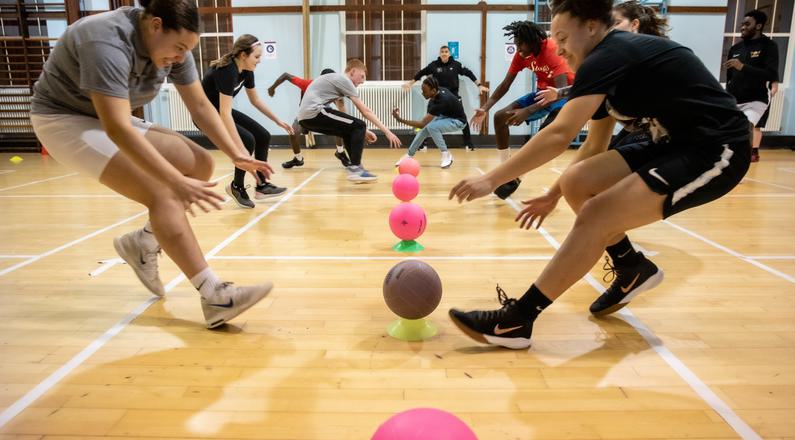
Holistic development is an overarching approach to talent development that optimises athletic skills, health and wellbeing, and life skills for the long-term sporting and life success of young athletes in TDEs and beyond.
The guidelines provide practical direction to create holistic TDEs. Ultimately, the success of applying the 6 principles relies on the deliberate and collaborative pursuit of holistic development by all stakeholders in the TDE.
Recommendations
Considering the research findings, there are some practical recommendations stakeholders can follow to ensure everyone works towards the same holistic development goal.
Federations and NGBs
- Implement and promote a holistic development philosophy into talent development policy.
- Evaluate TDEs and coaches/support staff effectiveness based on holistic development not just athletic skill development.
- Provide coach/support staff professional development opportunities in holistic development.
Clubs and Schools
- Promote holistic development in coach expectations/standards.
- Champion positive physical, mental and social health across the club at all levels.
- Allow coaches and support staff to regularly collaborate and learn from each other.
- Promote positive interactions amongst all club stakeholders.
Coaches and Support Staff
- Align planning and daily practice with a holistic development philosophy.
- Use planned and unplanned opportunities to promote life skills and health and wellbeing when coaching.
- Proactively work with parents as a valued relationship and as an asset to athlete development.
Parents
- See athlete development as a long-term process that requires balance across an athlete’s life.
- Work with coaches and support staff positively as a team to support your child.
- See competition as one part of learning in the long-term development process.
If you wish to know more about how to create holistic TDEs, we would love you to complete our brand new FREE e-learning course “Developing Effective Talent Development Environments”. Click HERE to access our e-learning platform.
You can also download the full report in English, and the Executive summary in English, Dutch, Spanish, French and German below
Downloads
Contributors:
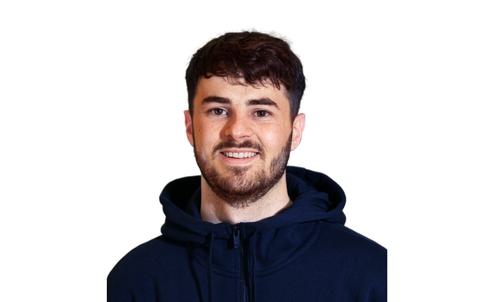
Barnaby Sargent Megicks
Barnaby is a PhD Researcher at Leeds Beckett University, where he also works for ICOACHKIDS. His current work seeks to explore the nature of talent development environments across Europe. He has previously studied at the University of Birmingham and Loughborough University. Aside from his research, he is also a Hockey Coach.
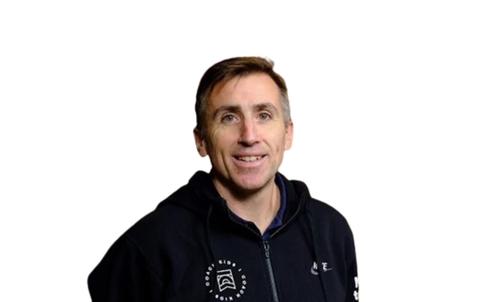
Professor Sergio Lara-Bercial
Sergio is a Professor of Sport Coaching at Leeds Beckett University in the UK and the Vice-President for Strategy and Development for the International Council for Coaching Excellence. He has published widely on a variety of sport-related topics including youth sport and coach development. Sergio is also the co-founder of ICOACHKIDS. Sergio is recognised globally and consults for multiple high-level organisations such as Nike, UEFA and FIBA. He is also a former international basketball coach for Great Britain and has coached national league for over 25 years winning 18 National Titles with both male and female teams.
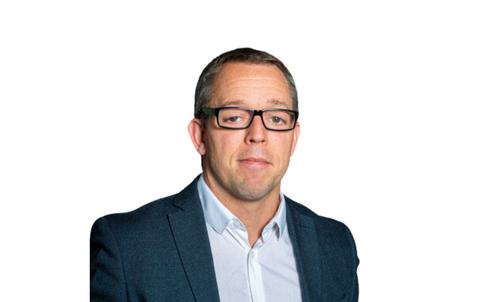
Professor Kevin Till
Kevin is a Professor of Athletic Development within the Carnegie School of Sport at Leeds Beckett University. Kevin is the co-director of the Carnegie Applied Rugby Research (CARR) centre. Kevin has published over 180 international scientific peer-review publications over the last decade related to youth athletes, talent identification and development, sport science and coaching. His research and applied work has led to policy and practice changes within youth sport. He is also a strength and conditioning coach at Leeds Rhinos RLFC within their academy programs.
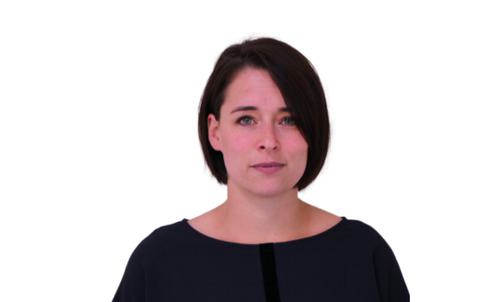
Dr. Fieke Rongen
Fieke is a Senior Lecturer in Sport Coaching at Leeds Beckett University. She completed her undergraduate and postgraduate degree in Psychology with a specialisation in Clinical Psychology at the Radboud University Nijmegen, the Netherlands. On completion of her Master's, Fieke worked as an academic counsellor for one and a half years. In 2010 she was awarded the Prins Bernard Cultuur Fonds bursary to complete a Postgraduate Diploma in Performance Psychology at the University of Edinburgh. Upon completion of this she returned to the Radboud University as a Junior Researcher and part-time lecturer. In 2012 Fieke was awarded a studentship by the Carnegie Faculty to undertake a PhD, which she completed in 2015. During this time she also covered a 9 month secondment as the High Performance Sport Officer at Nottingham Trent University, where she was coordinated the sport scholarship program as well as the TASS hub. Upon completion of her Phd, Fieke was appointed as a Senior Lecturer in Sports Coaching. Alongside her academic work, Fieke is also a UK Coaching tutor as well as a TASS lifestyle advisor.
Comments
Related Pages
